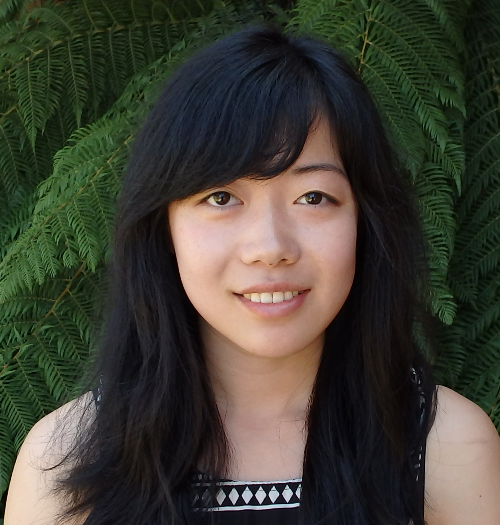 The psychological distance from climate change
The psychological distance from climate change
My PhD is about understanding why some people care about climate change and why others don't. Part of this is figuring out what it means to feel close to something, and how to measure this psychological closeness or distance.
Psychological distance helps illuminate what people mean when they say they care about something. Some care passionately about human rights, some care about social and economic inequality, others about reducing prejudice. These issues can feel so compelling that they are seen as “close to the heart”, and are fundamental motivators of behaviour.
Climate change is often seen as distant, an issue that affects far away locations and other people. The perception of climate change as ‘close’ or ‘distant’ may predict people’s engagement in pro-environmental behaviours. Making climate change feel ‘closer’ could be a way of engaging people in climate action.
There is nothing closer than the self, and so it is necessary to study the dynamics between how we view ourselves and how we view the world. An individual's choice to take action, whether on climate change or another issue is tied to important things in their lives - their family, friends, values, special places, and so on. To understand these human motivations and behaviours, we need to know how these factors interact.
UWA and me
I came to UWA in 2014 after completing a Bachelor of Science (Hons) at ANU.
The strongest connection I feel with UWA is with the postgraduate students in my school. There is a wonderful atmosphere among the postgraduates - it's a community of scholarship and camaraderie in equal parts. The people I have met at UWA help each other through the peaks and troughs of the PhD lifecycle and are the first to celebrate each other's successes.
Being an Endeavour Postgraduate Scholarship recipient
So far, my experience of being a recipient of the Endeavour Postgraduate Scholarship has been amazing. The scholarship has allowed me to conduct 8 months of my PhD at the University of Groningen, in the Netherlands. I'm working with two research labs - environmental psychology and social psychology.
I chose Groningen because many academics and postgraduates in my field of research work there. I'm grateful to be surrounded by so much expertise and so many interesting researchers.
Opportunities and collaborations available here build on what is possible in Perth. For instance, the environmental psychology group in Groningen have many collaborations with local energy, water and waste companies, as well as non-profits working together to try to reduce usage and promote sustainability. I look forward to applying what I’ve learned so far at UWA, and from my supervisors, to these projects. My time at Groningen has just begun and I'm looking forward to what is ahead!
About Susie
Susie completed her Bachelor of Science at ANU, with First Class Honours in Psychology. She is now doing her PhD at UWA, and has presented her work at Australian and international conferences. In 2015, Susie was awarded the prestigious Endeavour Postgraduate Scholarship, which she is using to conduct research at the University of Groningen, in the Netherlands. Outside of working hours, Susie paints and hopes one day to be able to call herself a proper artist.